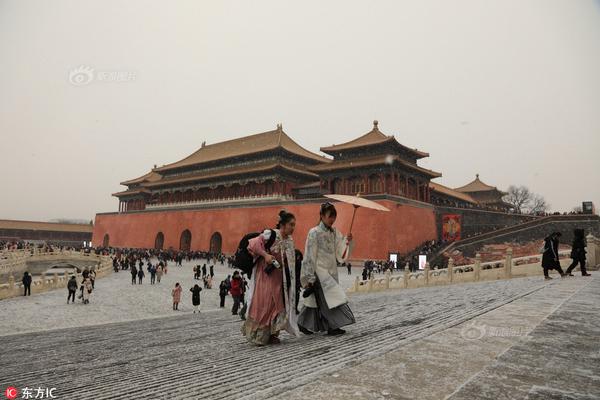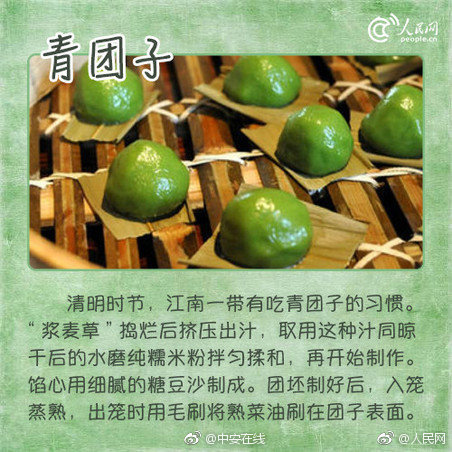【wife tease bondage sex videos】14th Annual Films of Remembrance Expands from NorCal to SoCal

A record class of 19 films — including exclusive presentations in the last remaining Japantowns of San Francisco, Los Angeles and San Jose, as well as Gardena — will be presented at the 14th annual Films of Remembrance on Feb. 22-23 in the Bay Area and March 8-9 in Southern California.
The event is the premier showcase of films commemorating the forced incarceration of more than 120,000 people of Japanese descent in American concentration camps during World War II. Selections range from creative animated or narrative shorts, to impactful short and feature-length documentaries, and to the epic narrative film “Kintsukuroi,”? the Showcase Presentation in San Francisco and Little Tokyo.
“At a time when the history of people of color is being sanitized, and celebrations of our experiences are being erased from federal government agencies, it’s all the more important that we remember the destruction of civil liberties during World War II and its lessons for today,” said Kenji G. Taguma, executive producer of Films of Remembrance and president of its presenting organization, the Nichi Bei Foundation.
“Right now, remembrance is essentially a form of resistance. We cannot let our history be marginalized again.”
“Films on Japanese American incarceration are so incredibly relevant — especially at this moment in our country’s history,” added UC San Diego Ethnic Studies Professor Christen Sasaki, Ph.D., a Films of Remembrance Committee member. “They remind us of what can happen when we don’t safeguard the humanity in us all, and instead, blame those who we view as ‘other’ for our economic, social, and political woes.”
Films of Remembrance commemorates the signing of Executive Order 9066 on Feb. 19, 1942, which put the wheels in motion to uproot a people.
According to CSU Sacramento Ethnic Studies Professor Wendi Yamashita, Ph.D., such films are “more important now than ever.”
“We remember the incarceration of our community during WWII in order honor the experiences of our families, but we also remember the injustices so that we can make sure what happened to us, never happens again to anyone,” explained Yamashita, a Nichi Bei Foundation board member on the Films of Remembrance Committee. “In 2025, we are living in a world of chaos and terror, with Trump invoking the Enemy Aliens Act of 1798 to justify his plans for mass deportation. The very act that was used to justify our incarceration. With less and less Nisei and Sansei to share their stories with us, these films help us tell our story so that everyone can learn about Japanese American incarceration.”

Those sentiments are echoed by 94-year-old concentration camp survivor Chizu Omori, a redress activist who continues to speak out for social justice and serves on the Films of Remembrance Committee.
“Today, now, more than ever, it is of crucial importance that the American public not forget that crime of incarcerating Japanese Americans during World War II,” said Omori, who writes a column in the Nichi Bei News, published by the Nichi Bei Foundation. “As a survivor, I experienced being imprisoned for three-and-a-half years, and we must never have something like this happen again. Films of Remembrance helps us keep the memory of that crime alive. ‘Never again’ is our motto, particularly in this time of the rise of an authoritarian presidency.”
This year, thanks to presenting sponsorship from the California Civil Liberties Public Education Program of the California State Library and The Henri and Tomoye Takahashi Charitable Foundation, Films of Remembrance is expanding from a two-day event in Northern California to a four-day event including two days in Southern California — in partnership with the Japanese American National Museum and the Gardena Valley Japanese Cultural Institute.
“As a Japanese American who grew up in SoCal, I’m so excited that FoR is coming to Little Tokyo and Gardena,” said Yamashita. “This program is one of my favorite Nichi Bei events and I think it will be a wonderful way to connect with the JA communities there.”
Films of Remembrance in Gardena will begin with a special Book of Remembrance presentation by historian Arthur A. Hansen with award-winning writer Naomi Hirahara, who will discuss his latest book, “A Nikkei Harvest: Reviewing the Japanese American Historical Experience and Its Legacy.”
Proceeds benefit the Wayne Maeda Educational Fund. Partial proceeds from tickets sales at Films of Remembrance in San Jose, Los Angeles and Gardena will be donated by the Nichi Bei Foundation to local nonprofits.
A virtual streaming of the films — with the exception of “Kintsukuroi” — will be launched from March 10 to 24, coinciding with the launch of a larger Films of Remembrance On Demand archive of past films and classics. More information will be posted at www.filmsofremembrance.org.
For tickets and more information on this year’s event, visit 2025. filmsofremembrance.org.
Venues
Saturday, Feb. 22, 11 a.m. to 8 p.m. at AMC Kabuki 8, 1881 Post St., San Francisco Japantown
Sunday, Feb. 23, 11:30 a.m. to 7:30 p.m. at San Jose Buddhist Church Betsuin Annex, 640 N. Fifth St., San Jose Japantown
Saturday, March 8, 11 a.m. to 8 p.m. at Japanese American National Museum’s Tateuchi Democracy Forum, 100 N. Central Ave., Little Tokyo
Sunday, March 9, 11 a.m. to 7:30 p.m. at Gardena Valley Japanese Cultural Institute, 1964 W. 162nd St., Gardena
Select Programs
- Showcase Presentation of “Kintsukuroi” (2024, 2 hours, 10 minutes) by Kerwin Berk/Ikeibi Films in San Francisco (Feb. 22) and Little Tokyo (March 8) at 6 p.m. The film follows members of the Ito family from their pre-war life to the concentration camps to the battlefields of Europe as they struggle to pick up the pieces of their shattered lives.
Followed by Filmmakers Reception featuring Q&A with filmmakers and performances by singers Tomomi Emori, tara u. and Emily Jiang in San Francisco; and Helen Ota, Keiko Kawashima and Haruye Ioka of the Grateful Crane Ensemble in Little Tokyo.
- Book of Remembrance in Gardena on March 9, the Southern California launch of Art Hansen’s “A Nikkei Harvest: Reviewing the Japanese American Historical Experience and Its Legacy” at 11 a.m. The free event will feature Hansen in conversation with award-winning writer Naomi Hirahara. More than a collection of book reviews in the Nichi Bei publications over a 14-year span by Hansen and the late scholar Wayne Maeda, it intertwines what University of Pennsylvania History Professor Eiichiro Azuma calls “a must-read for both academics and laypersons.”
- Special presentation in Gardena. The day will end at 6:30 p.m. with an encore presentation of the 2024 Films of Remembrance Audience Award winner, “Baseball Behind Barbed Wire” (2023, 34 minutes) by Yuriko Gamo Romer. Performance artist and baseball player Dan Kwong will join the filmmaker to discuss the Manzanar Baseball Project, a rebuilding of the baseball field at the former concentration camp.
- “A Nikkei Canadian Story” (2024, 23 minutes) by Alice Il Shin. A Japanese Canadian recalls his life in Vancouver, wartime captivity in Lemon Creek, and bomb-ravaged Hiroshima. With the filmmaker joining from South Korea.
Tickets
$12 each program. $25 for “Kintsukuroi” in San Francisco and Los Angeles. $20 for Filmmaker Reception only
$60 for All-Day Passes (limited) in San Francisco and Los Angeles. $50 for All-Day Passes (limited) in San Jose and Gardena
Nichi Bei members get discounts. Students with ID: free (limited)



